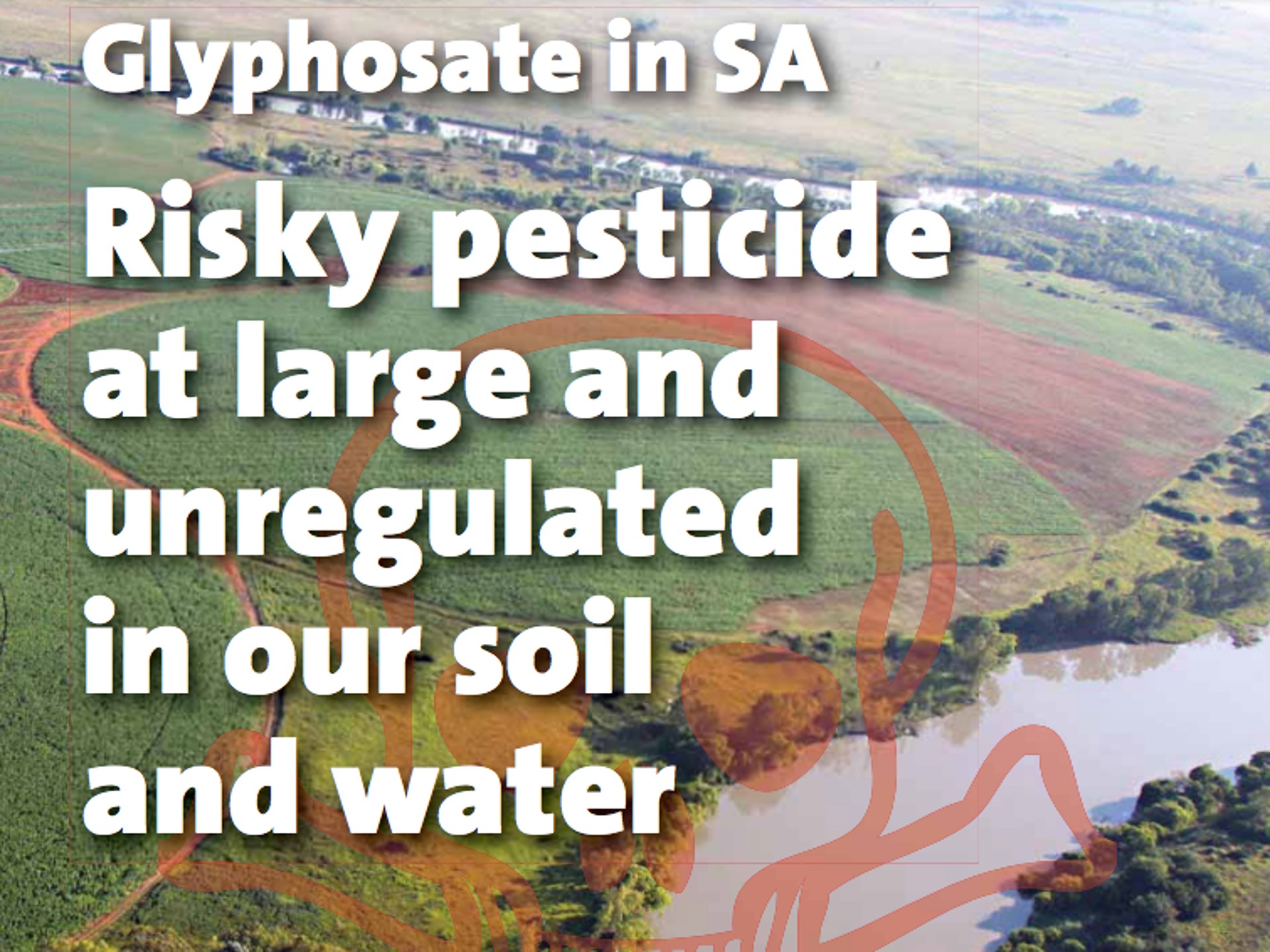Latest Resources

24 October 2015
Investments in the Beira Corridor in Mozambique: threats to farmers’ seed and food systems
The African Centre for Biodiversity (ACB) in partnership with the União Nacional de Camponeses (UNAC, National Peasants Union), and Kaleidoscopio has today released preliminary findings in a research project: ‘Agricultural investment activities in the Beira Corridor, Mozambique: Threats and opportunities for small-scale farmers.’ Joining Zimbabwe, Zambia and Malawi to the coast of Mozambique, the Beira […]

6 July 2015
GM and seed industry eye Africa’s lucrative cowpea seed markets: The political economy of cowpea ...
The African Centre for Biodiversity (ACB) has today released a new report titled, GM and seed industry eye Africa’s lucrative cowpea seed markets: The political economy of cowpea in Nigeria, Burkina Faso, Ghana and Malawi. The report shows a strong interest by the seed industry in commercialising cowpea seed production and distribution in West Africa, […]

11 June 2015
Cottoning onto the lie: GM cotton will harm not help small farmers in Africa
After five seasons of genetically modified (GM) cotton cultivation in Burkina Faso farmers are denouncing their contracts with Monsanto and cotton stakeholders are discussing compensation for losses incurred since 2008 due to low yields and low quality fibre. Many other African governments are poised to follow suit but should note how GM cotton has impoverished […]

4 May 2015
Gates and Monsanto’s Water Efficient Maize for Africa (WEMA) Project
In this report, the ACB interrogates the Gates Foundation and Monsanto’s Water Efficient Maize for Africa (WEMA) project and exposes it to be nothing more than corporate ‘green washing’, designed to ensnare small holder farmers into adopting hybrid and GM maize in order to benefit seed and agro-chemical companies.

20 May 2014
Below the belt, below the breadline – South Africa’s inequitable and GM contaminated ...
The African Centre for Biosafety (ACB) has today brought into sharp focus the white bread industry in South Africa with the release of its new report “GM Contamination, Cartels and Collusion in South Africa’s Bread Industry.’ The report shows that the white bread tested contains high levels of Monsanto’s genetically modified (GM) soya in the […]

23 October 2013
Africa bullied to grow defective BT Maize: the failure of Monsanto’s M810 maize in South Af...
The African Centre for Biosafety (ACB) has released a new report ‘Africa bullied to grow defective Bt Maize: the failure of Monsanto’s MON810 maize in South Africa,’ showing how Monsanto’s GM maize which utterly failed in SA, is now being foisted on the rest of the continent, through ‘sleight of hand.’ Read here.

27 November 2012
Harmonisation of Africa’s seed laws: death knell for African seed systems
The African Centre for Biosafety (ACB) has released its new report titled, ‘Harmonisation of Africa’s seed laws: a recipe for disaster- Players, motives and dynamics. The report shows how African governments are being co-opted into harmonising seed laws relating to border control measures, phytosanitary control, variety release systems, certification standards and intellectual property rights, to […]

8 October 2012
Glyphosate in SA: Risky pesticide at large and unregulated in our soil and water
The research shows that although glyphosate (a weed killer) is ubiquitous throughout South African agriculture, it poses many environmental risks and yet there is precious little research done to monitor and manage its environmental impacts. Read more here.

16 May 2012
South Africa’s Seed Systems: Challenges for food sovereignty
The African Centre for Biosafety and Trust for Community Outreach and Education, have the pleasure of sharing with you, our new study, which provides an overview of the structure of the seed system in South Africa, the types of seed in use and their pros and cons, the legislative and policy environment, and the role […]

9 May 2011
Critique of SANBI’s Studies on Monsanto’s MON 810
During early in 2011, the South African National Biodiversity Institute (SANBI) published a report titled, Monitoring the Environmental Impacts of GM Maize in South Africa. The report was a culmination of a study by the Environmental Biosafety Cooperation Project (EBCP) aimed at developing a framework for monitoring of insect resistant maize, Mon810, belonging to Monsanto. […]
